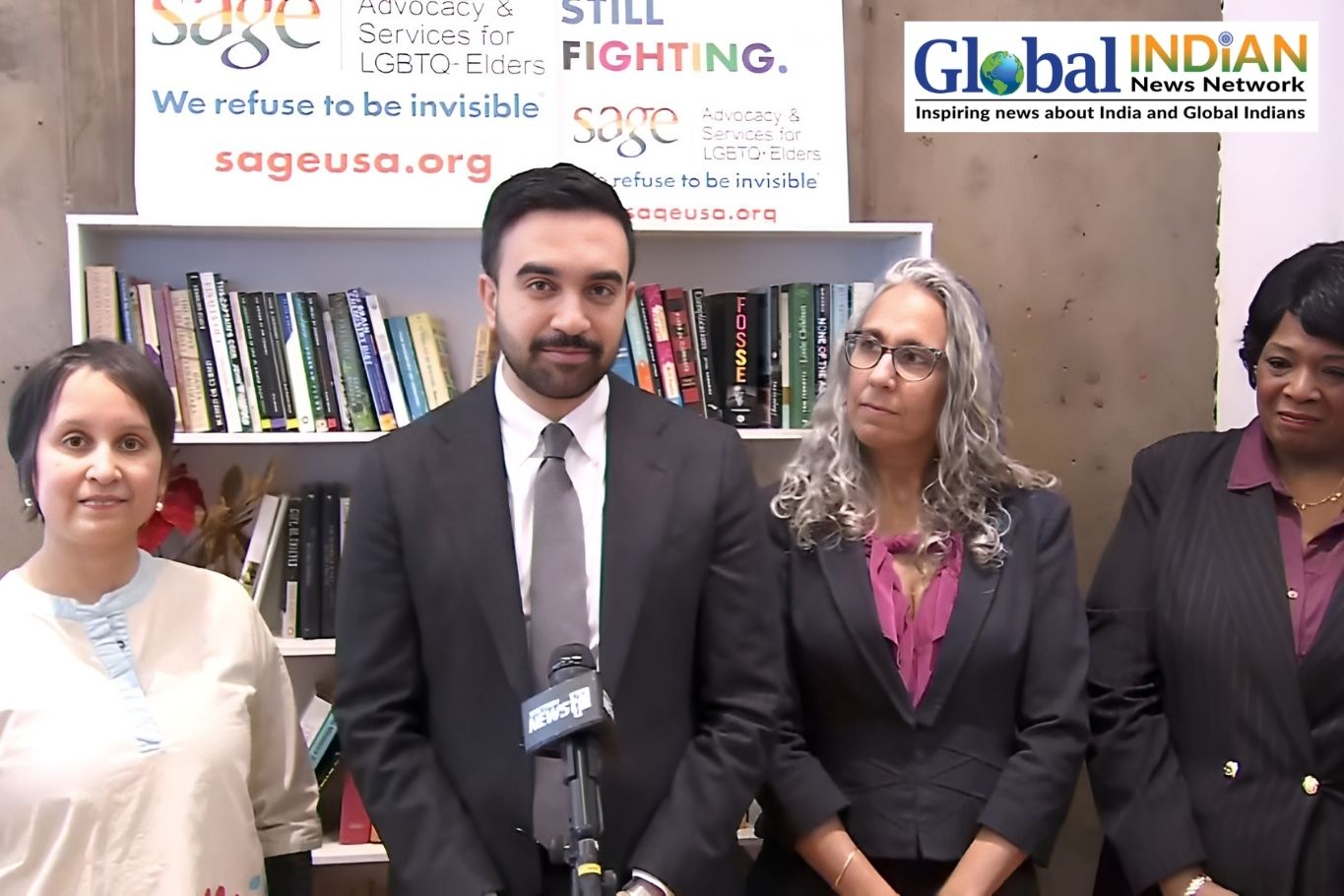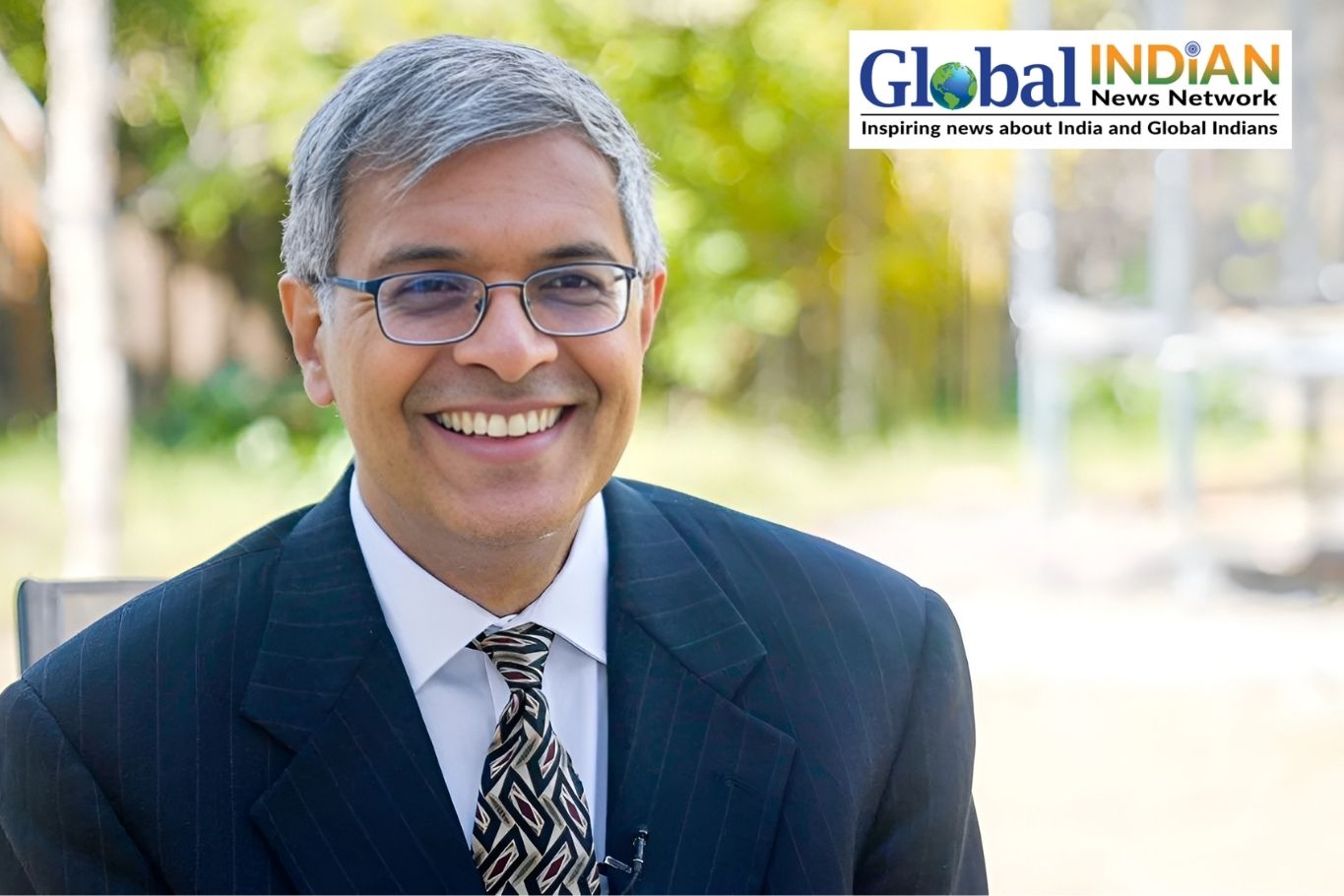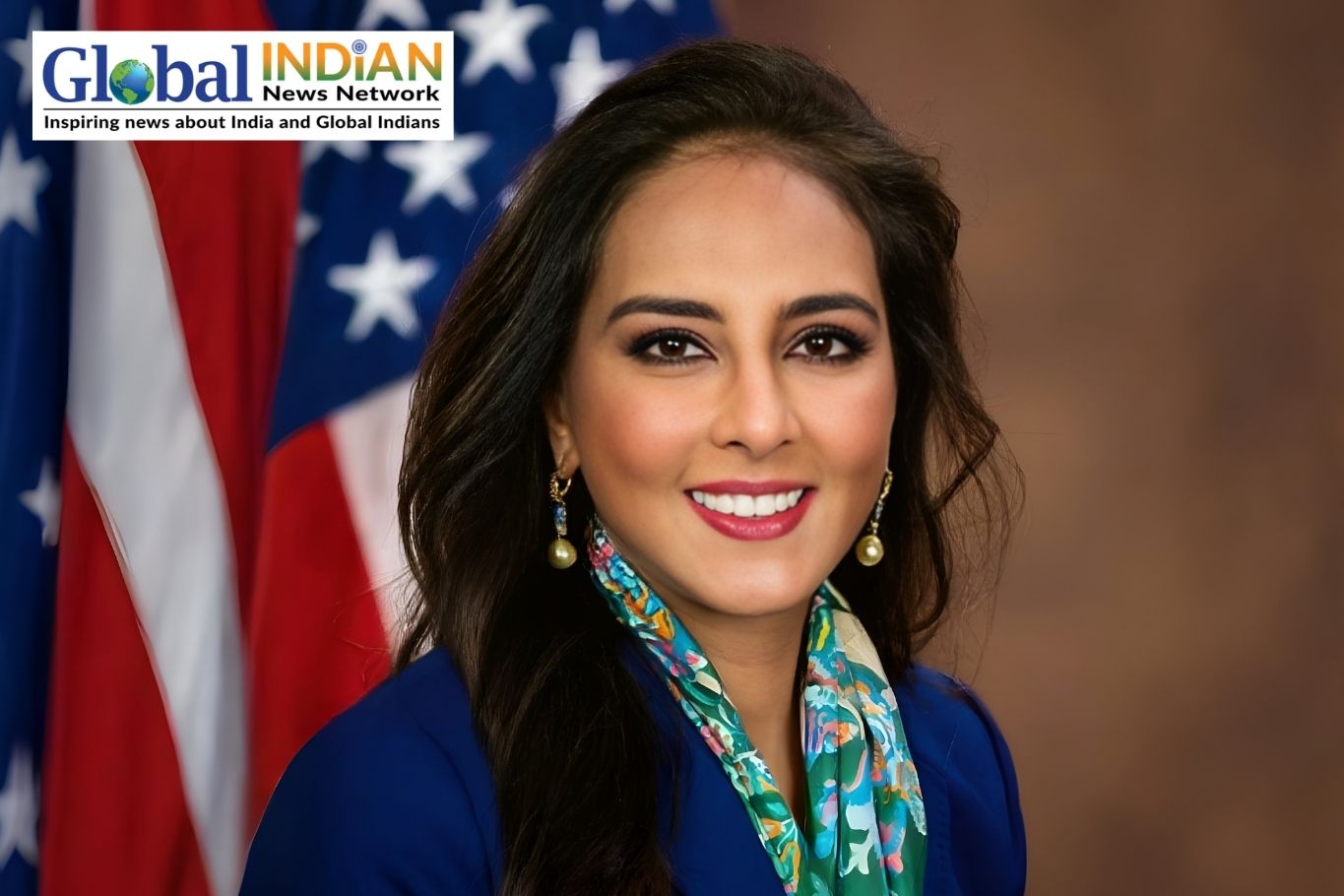 In July, Usha Vance stood alongside her husband, JD Vance, at the Republican National Convention, marking a pivotal moment in U.S. history. For the first time, an Indian American was in the spotlight to potentially become the spouse of the Vice President.
In July, Usha Vance stood alongside her husband, JD Vance, at the Republican National Convention, marking a pivotal moment in U.S. history. For the first time, an Indian American was in the spotlight to potentially become the spouse of the Vice President.
With Kamala Harris, the Democratic nominee for President, this election presents a remarkable opportunity: regardless of the outcome, a woman of Indian descent will either take office as President or assume the role of Second Lady of the United States.
This development is significant, emphasizing the growing political influence of the Indian American community. Over the past ten years, this small but impactful group has emerged as a vital force in U.S. politics.
Despite making up only 1.5 percent of the population, Indian Americans constitute the largest and most politically engaged subgroup among Asian Americans. They have gained substantial representation within the U.S. administration, occupying over 4.4 percent of senior government roles.
While the Indian American community is well-known for its contributions to the tech sector, its political influence is also expanding. A key emerging voter demographic is Indian American farmers, who, although a smaller group, play an essential role in the economy. Their presence adds values of diversity and tolerance to the American social fabric.
A prominent community of Indian American farmers resides in Yuba City, California. For over a century, these farmers have cultivated peaches and prunes, significantly enriching the U.S. agricultural scene.
The origins of this community trace back to the early 1900s when Punjabi immigrants settled in Yuba City as farm workers. Over the years, they have developed into a prosperous community comprising successful farmers, business owners, and professionals.
Tejinder Singh Dosanjh, a Yuba City farmer, noted, “Most farmers here cultivate almonds, walnuts, and peaches, with prunes being a significant crop.”
Sarabjeet Singh Thiara highlighted that many early Indian immigrants traveled to Mexico, married local women, and eventually obtained U.S. citizenship before migrating to California. “They’ve made a substantial impact since their arrival,” Thiara remarked, underscoring the essential role Indian American farmers have played in the area’s agricultural advancement.
As generations have progressed, these immigrants have successfully blended into American society. American farmer Jeffery Flinn shared, “I have two Sikh neighbors. We coexist, support each other, and get along like good neighbors.”
Though many descendants have pursued careers in medicine, engineering, and business, an increasing number are returning to the family tradition of farming.









